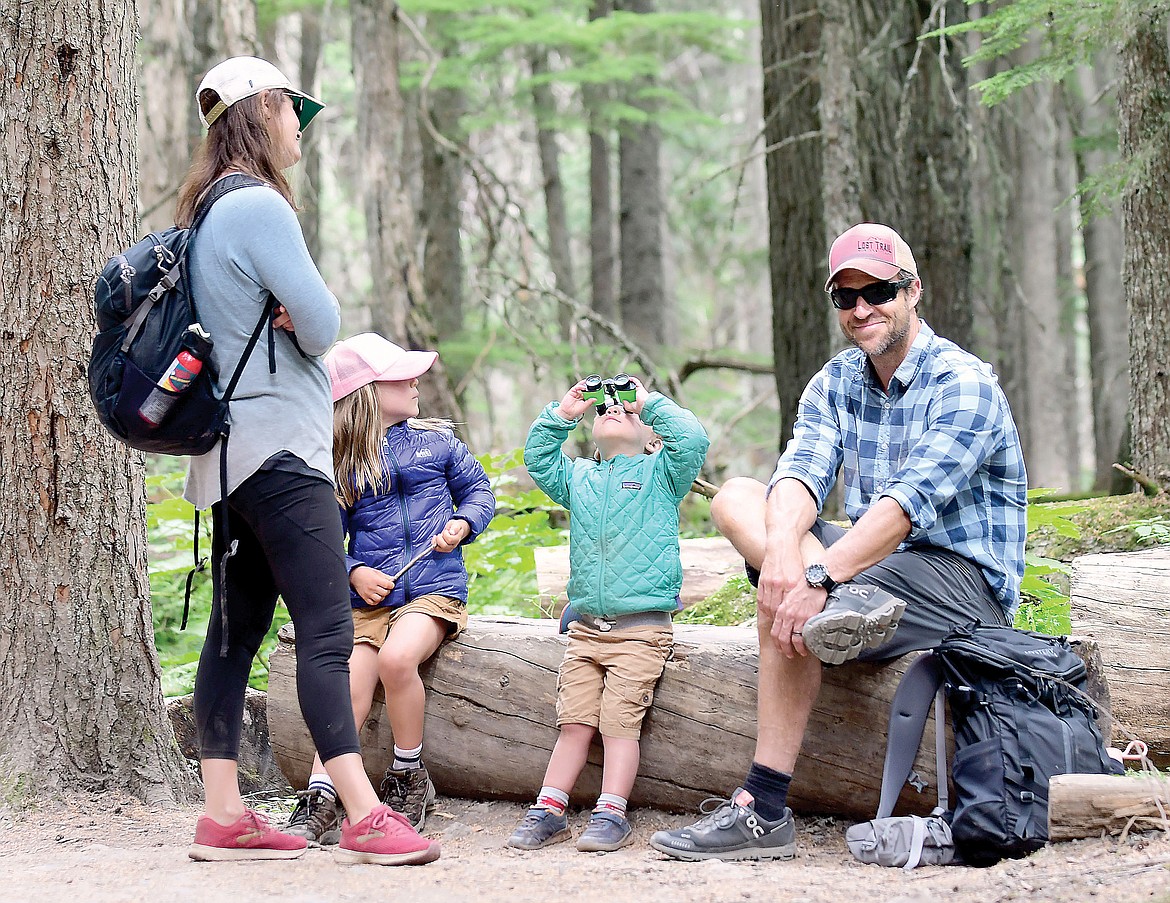Study: Popular trails in Glacier see use rise as much as 80 percent
An ongoing study of trail use in Glacier National Park is putting hard numbers to usage of some of the Park’s most popular trails as another busy tourist season rapidly approaches.
Compared to data collected in 2012, visitation to Avalanche Lake increased about 80%, from 864 visitors a day in 2012 to 1,572 in 2019 — the last year Glacier Park was fully open...
Become a Subscriber!
You have read all of your free articles this month. Select a plan below to start your subscription today.
Already a subscriber? Login



